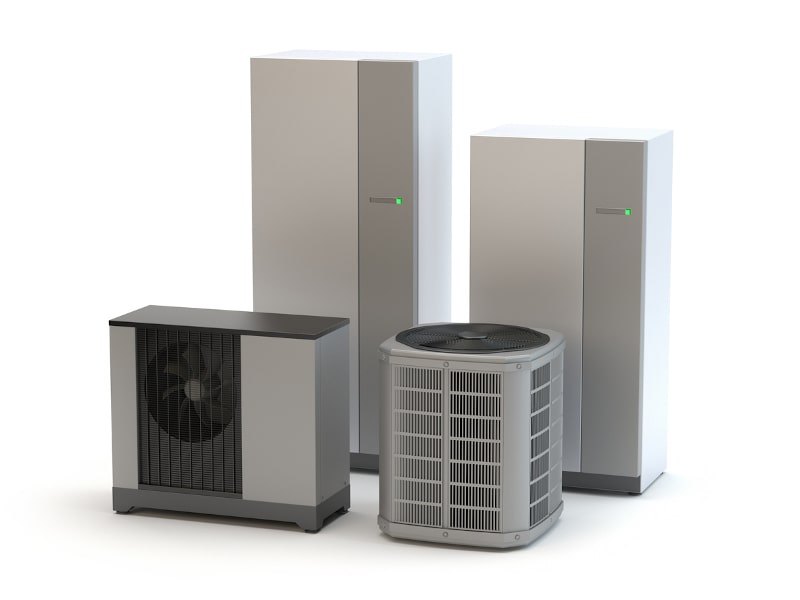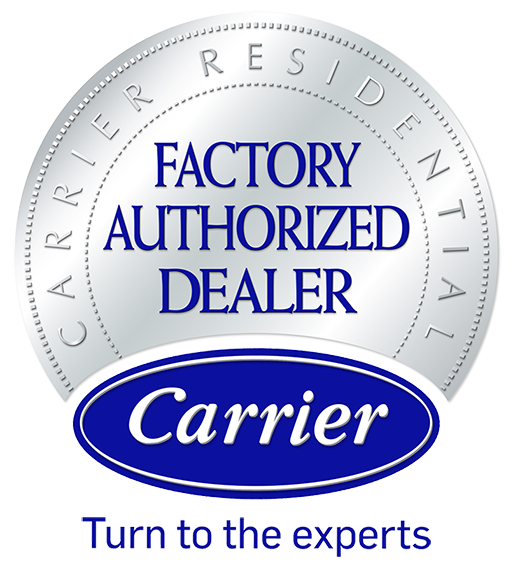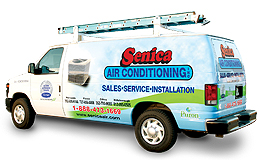A heat pump is not just good for your wallet but the world as well. They are the most efficient heating and cooling systems, with the lowest carbon footprint. If you are considering purchasing a new heat pump in Inverness, FL, here are a few critical things to consider before making a final decision.
1. Size
Buying the right size ensures your heat pump reaches its full efficiency potential. A system that’s too small for your home will struggle to regulate the temperature, causing it to work longer than necessary. This can lead to frequent repairs and a reduced life span.
On the other hand, an oversized heat pump will lead to increased energy bills and more frequent cycling. There will also be areas with cold or hot spots.
Our professionals can help you calculate your home’s appropriate system size. They typically consider factors such as your home’s square footage, insulation levels and construction materials.
2. Efficiency
You assess the efficiency of a heat pump by its Seasonal Energy Efficiency Ratio (SEER) and Heating Season Performance Factor (HSPF). SEER is a ratio of the cooling output to the energy input, while HSPF is a ratio of the heating output to the energy input. The higher the SEER and HSPF ratings, the more efficient the heat pump.
When buying a new heat pump, a SEER rating of 15 and an HSPF rating of 8.8 should be your minimum benchmarks. In fact, as of January 2023, Florida mandated these minimum requirements by law. Such systems have the EPA ENERGY STAR label, meaning they are energy-efficient and cost-effective.
3. Type
There are two main types of heat pumps: air-source and ground-source (geothermal). Air-source heat pumps are the most common type. They work by transferring heat between the inside and outside air.
Ground-source heat pumps use the constant temperature of the earth to heat and cool your home. They are best for climates with extreme temperatures since outdoor air temperatures do not affect them.
What you’ll choose will depend on your home’s needs and budget. Our experts at Senica Air Conditioning, Inc. can help you assess these factors and determine the best type of heat pump for your home.
4. Brand
There are many different brands of heat pumps on the market, each with its own features and benefits. When choosing a brand, it is important to consider factors such as reliability, energy efficiency ratings and warranty options. It may also be helpful to read reviews from other homeowners.
Even before you approach a professional, complete your own research on the brand that pleases you, with a keen eye on the customer experience and overall satisfaction. This will help you make a more informed decision and ensure that your chosen brand meets your specific needs and expectations.
5. Overall Costs
It’s crucial to factor in the total costs of a heat pump, from installation to maintenance and repairs. While the initial installation cost may be higher than traditional heating and cooling systems, especially for geothermal heat pumps, these systems have the best energy efficiency, resulting in lower utility bills.
You will need to change or clean your filters every two to three months and schedule regular maintenance checks with a professional to ensure optimal performance. In case of component damage that requires a replacement, you should also know how much the different parts of your heat pump will cost and have a budget allocated for it.
Apart from these costs, consider any potential tax credits or rebates that may be available for choosing a more energy-efficient heat pump. This can help offset some of the initial expenses and save you money in the long term.
Installing a new heat pump is a good investment. If you live around Inverness, FL, Call Senica Air Conditioning, Inc. today to learn more about our heat pump installation services. We also offer repairs and maintenance services if you already have a heat pump installed.
Image provided by iStock




